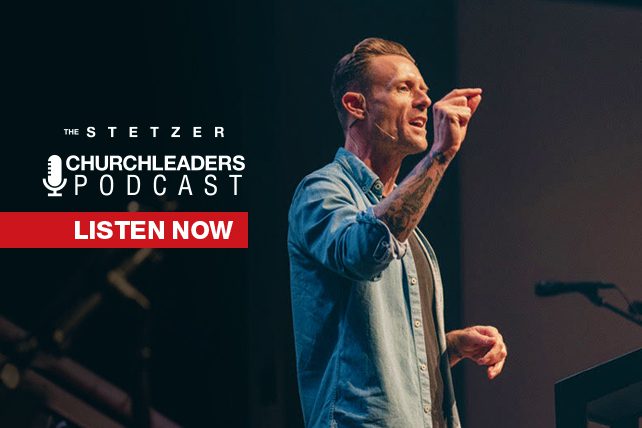“In L.A., one of the opportunities that worked really well for us was putting on a lot of events where we were trying to bring the gospel to bear on the entertainment industry.”
“We can’t underestimate the power of mercy ministry as providing opportunities for conversations with very secular people who, especially in places like L.A., are very cynical about the church.”
“We found that a lot of people that were coming to Reality Church London, they didn’t have that kind of [negative] institutional experience, at least not in England. So we didn’t find that we had to do as many apologetics for the church. We just kind of had to tell the story.”
“Peak church attendance, I believe, was around 1950, in the U.S., but it was 1850 in the U.K. So what Americans are experiencing now—the loss of power and prestige in the public square—all my British friends are like, ‘Oh yeah, that happened ages ago, but now we’re on the other side of it and see, hey, the church has survived.’”
“I love to study, not all the time, but a lot of the time in coffee shops…because as I’m studying in a coffee shop, I’m overhearing all of these conversations…about war or politics or their neighborhood or a tragedy or the things they’re excited about.”
“I would try out my sermon on my secular neighbors…I’d say, ‘Hey, can I just, you know, I’m talking about this thing on Sunday. Can I just try it out on you? Can I let you know what I’m going to talk about? I’d love to hear your thoughts.’”
“I think [engaging secular people] really does start at the relational level, having a broken heart for your neighbors who are not Christian or they’ve never been to church and they don’t have hope in their lives.”
“One of the lessons that I’ve learned is: Results may vary. Be faithful. Preach the Word. Live on mission. Results may vary.”
“I would love it if every Sunday our congregants would think, ‘Oh I wish my friend was here. Oh, I wish my friend could have heard that.’”
“Trust in the Spirit of God to move and don’t try to manufacture anything.”
“I think we were all preparing for what we dubbed the post-truth culture…I don’t think we’re in a post-truth culture, but we are in a post-trust culture.”
“A lot of the younger people that I meet, they’re genuinely not asking the questions I thought they were going to be asking 10 years ago.”
Mentioned in the Show
Reality Ventura
Reality LA
Reality London
““The Truth about Lies: The Unlikely Role of Temptation in Who You Will Become” by Tim Chaddick
Check out Tim’s website
Follow Tim on Instagram and X/Twitter
“Glen Scrivener
Alpha
Christianity Explored
Ed Stetzer Live
John Stott
Outreach Magazine
“D. Martyn Lloyd-Jones

